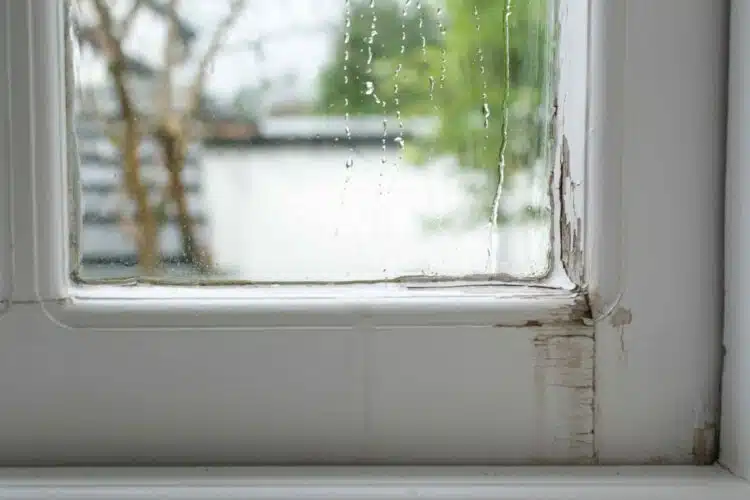Pest Prevention and Control During Hurricane Season
By: EarthKind
Hurricane season starts June 1 and lasts through the end of November. August, September and October are typically the most active months for severe weather. When a storm approaches, there is no doubt that storm preparation is crucial.
People are busy stocking up on supplies, moving their belongings to higher ground, and in many cases, evacuating. People aren’t the only ones affected by a severe storm though. Animals, including household pests like rats, mice, and insects, are also looking for safety before the storm arrives.
How do hurricanes affect pest populations?

Some species may thrive after a storm because larger predators have left the area. Abandoned or damaged homes and buildings are easily accessible for rodents and insects. Finding their way inside through structural damage like holes, gaps, and roof damage is simple. Pests are attracted to moisture and debris. Items that are damaged by floodwaters and are difficult to dry like carpets, furniture, and building materials create the perfect breeding ground, causing a surge in some pest populations.
Mosquito Prevention Tips:
Hurricanes lead to increased mosquito activity. The South Carolina Department of Public Health and Environmental Control reported that the frequency of insect bites can increase by up to 50 percent after a storm. Intense rain and localized flooding create large areas of standing water, a perfect breeding ground for mosquitoes, which may carry harmful diseases such as West Nile Virus, Zika, Chikungunya, and Dengue.
- Eliminate as much standing water as possible to prevent mosquito eggs from hatching. Pay special attention to clogged gutters, drains, and water-holding containers.
- Use an EPA-registered insect repellent. EarthKind’sStay Away Mosquitoes® insect repellent spray is skin-friendly, unscented, and can be used on pregnant women and children two years and older. Stay Away Mosquitoes® gives 14-hour, highly effective protection against mosquitoes that may transmit Zika Virus, West Nile, Chikungunya, and Dengue Fever, and from ticks that may transmit Lyme Disease.
Do you need pest control after a hurricane?
Dealing with the aftermath of a hurricane is stressful enough. You shouldn’t have to worry about household pests too. Unfortunately, many affected areas will experience an increase in pest infestations. The risk of exposure to pests and rodents carrying harmful diseases often increases as well.
Removing standing water and debris is usually the first concern after a storm. Then you will need to focus on drying out any remaining damp areas in your home. Reduce drying time by pointing fans into corners of damp rooms since corners often take the longest to dry.
Seal holes and openings as soon as possible to prevent pests from getting into your home. Use a rubberized sealant that can handle the changes in moisture and humidity. Doing this will make it harder for rodents and insects trying to find an entrance into your property, causing them to give up and move on to an easier target. Depending on the climate in your area, sealing up any entrance points for rodents and insects can also help prevent water, wind, and snow from entering your home.
Use repellent to keep household pests out of your home. Botanical pest repellents, such as EarthKind’s Stay Away Rodent® and Stay Away Ants & Cockroaches pouches, help deter pests from entering your home. Not only are they eco-friendly and free of harmful chemicals, but they also keep your house protected from a disaster that you can actually prevent from happening.





